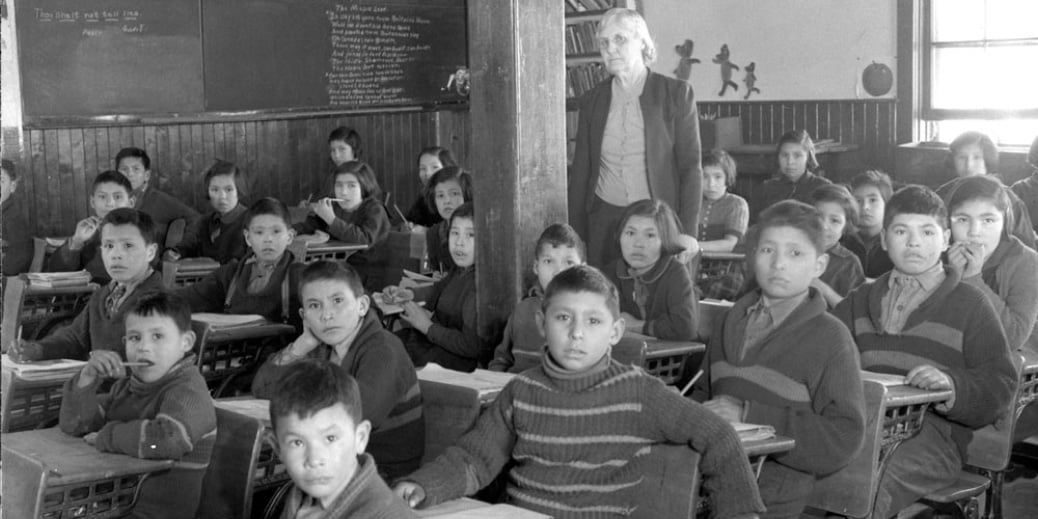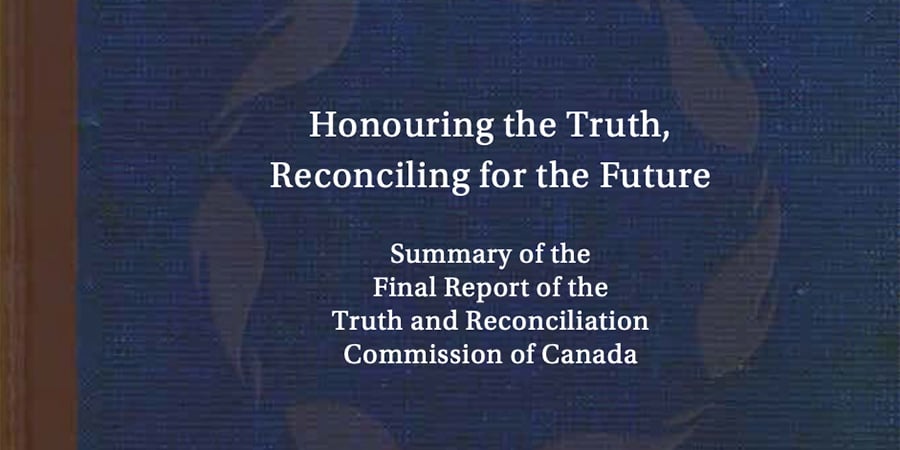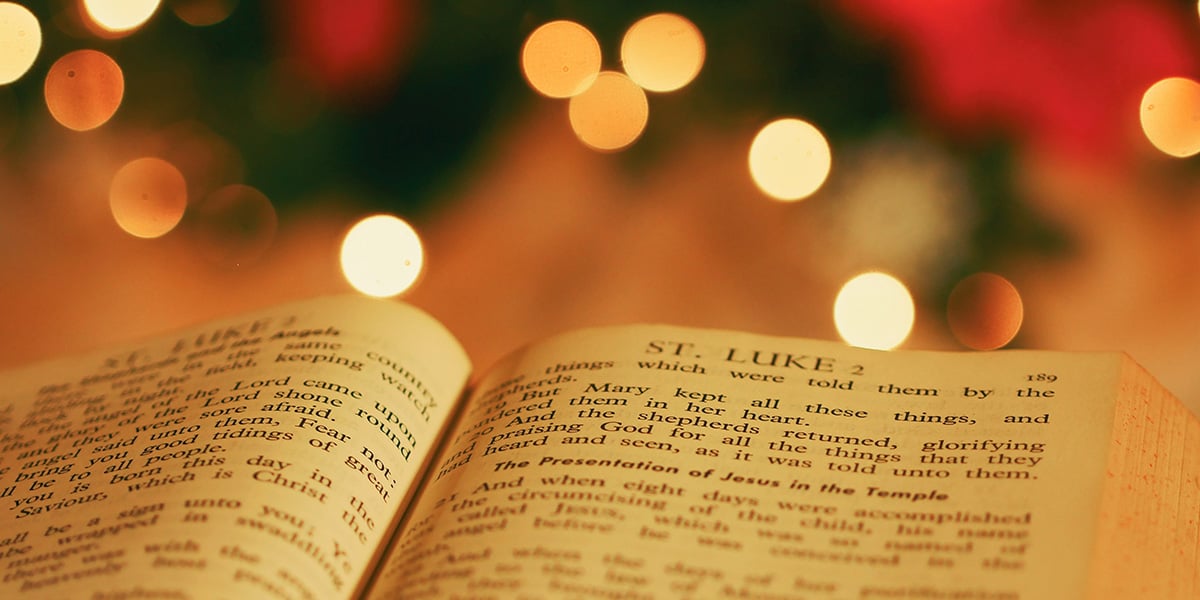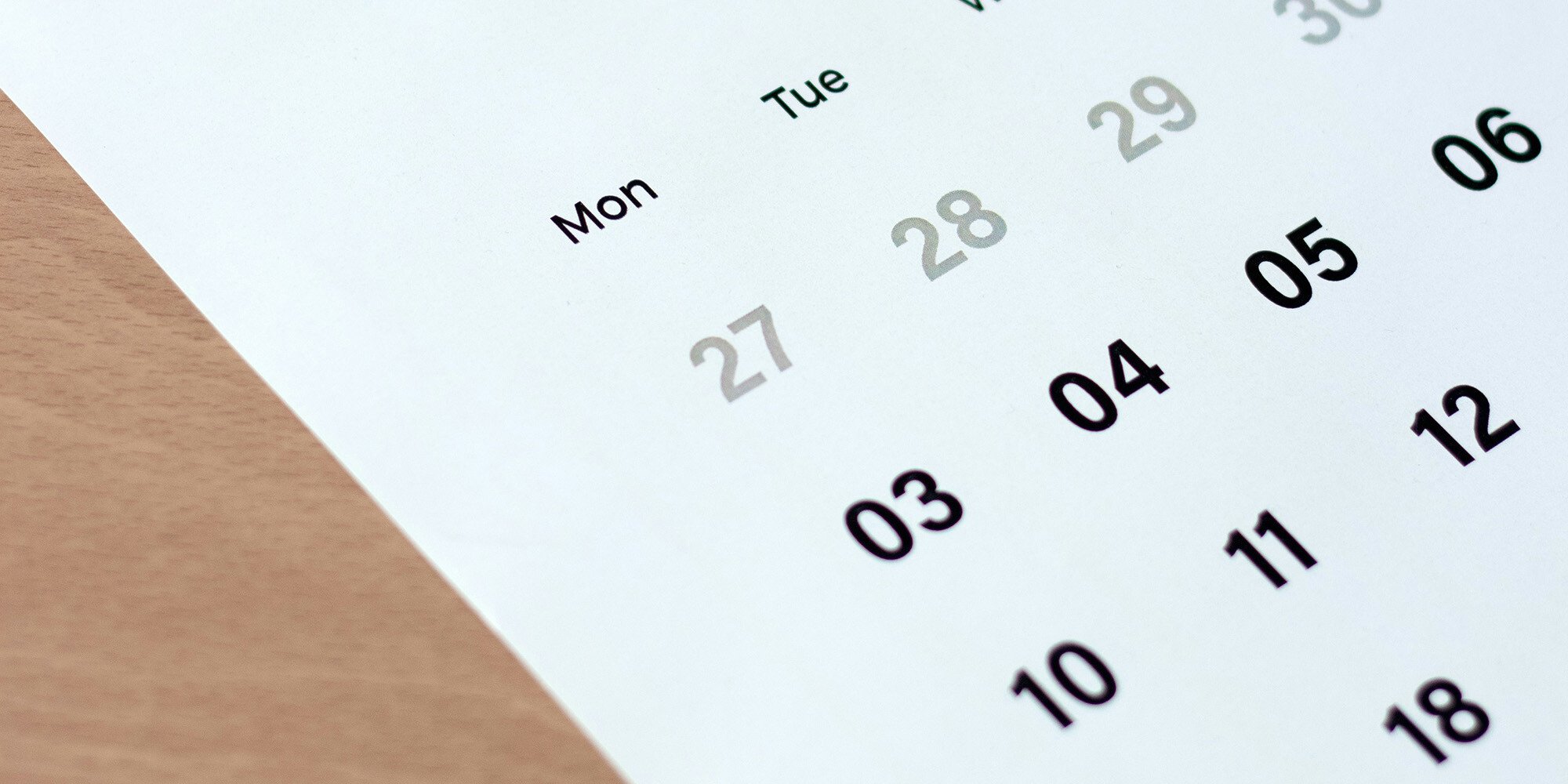1 min read
Truth and Reconciliation Commission Calls to Action
The Truth and Reconciliation Commission released its summary report and findings on June 2, 2015, after six years of hearings and testimony from more...

It is important for those who did not attend an Indian residential school to remember that the legacy of those dark halls did not end with Prime Minister Stephen Harper’s apology to the survivors in June 2008. Nor does the legacy end with the survivors of the residential schools. The emotional and physical trauma inflicted on the 150,000 First Nation, Metis and Inuit children is a multi-generational legacy. The residential school system is not something that occurred in the dim, dark, unenlightened past - it began decades ago but the last school did not close until 1996 so that legacy is very much a current influence on the lives of First Nation, Métis and Inuit families across the country.
NOTE: While this 2012 article states that the last residential school in Canada to close was in 1996, in 2019, former students of Kivalliq Hall in Rankin Inlet in what is now known as Nunavut won a court battle to have Kivalliq Hall included as an IRSSA-Recognized School. Kivalliq Hall closed in 1997, and the fact that the last residential school to close in Canada was in 1997, and not 1996, is an important detail to note when recounting and learning about Indigenous history.
The Truth and Reconciliation Commission (TRC) of Canada will be holding a national event in Vancouver, on September 18-21, 2013. These national events provide an opportunity for the truth and reconciliation process to engage the Canadian public and provide education about the Indian Residential Schools system, the experience of former students and their families, and the ongoing legacies of the institutions. The national events require a great deal of effort to organize and volunteers are a welcome and necessary part of the process. We will keep you informed of key dates as the event draws near.
Most people have at least a “working” knowledge of what happened within the walls of the schools. The TRC regional and national events are venues that provide opportunities for all Canadians to learn more, hear the statements of the survivors, and respect the people who have the courage to step up to the microphone and bare their souls about the brutality they underwent as young children.
Another way to learn more about the residential school system is to read some of the very good books on the subject written by some very talented writers. Indian Horse by Richard Wagamese is a novel about a young Ojibway boy, Saul Indian Horse, whose family is broken by their experiences in residential school and how their damaged lives ultimately condemn their son to the same horror. Saul is championed by a young priest who guides him to the ice rink where Saul finds an outlet for the joy and sense of self that all children should be free to express. His innate skill eventually propels him out of the comfort zone of Manitouwadge playing with First Nation teams to the racism, hatred and loneliness of professional hockey in the 1960s. Indian Horse is about love, broken spirits and survival and those themes are deftly woven into your heart through Wagamese’s spare yet descriptive writing.
Featured photo: Cree students at their desks, All Saints Indian Residential School, Lac La Ronge, Saskatchewan, March 1945. Photo: Bud Glunz / National Film Board of Canada. Photothèque / PA-134110

1 min read
The Truth and Reconciliation Commission released its summary report and findings on June 2, 2015, after six years of hearings and testimony from more...

I wrote this article because I frequently see postings on Facebook asking people to “like” the “Merry Christmas” greeting and denounce the “Happy...

In August 2018, the federal government announced it would declare a federal statutory holiday to mark the legacy of the residential school system....